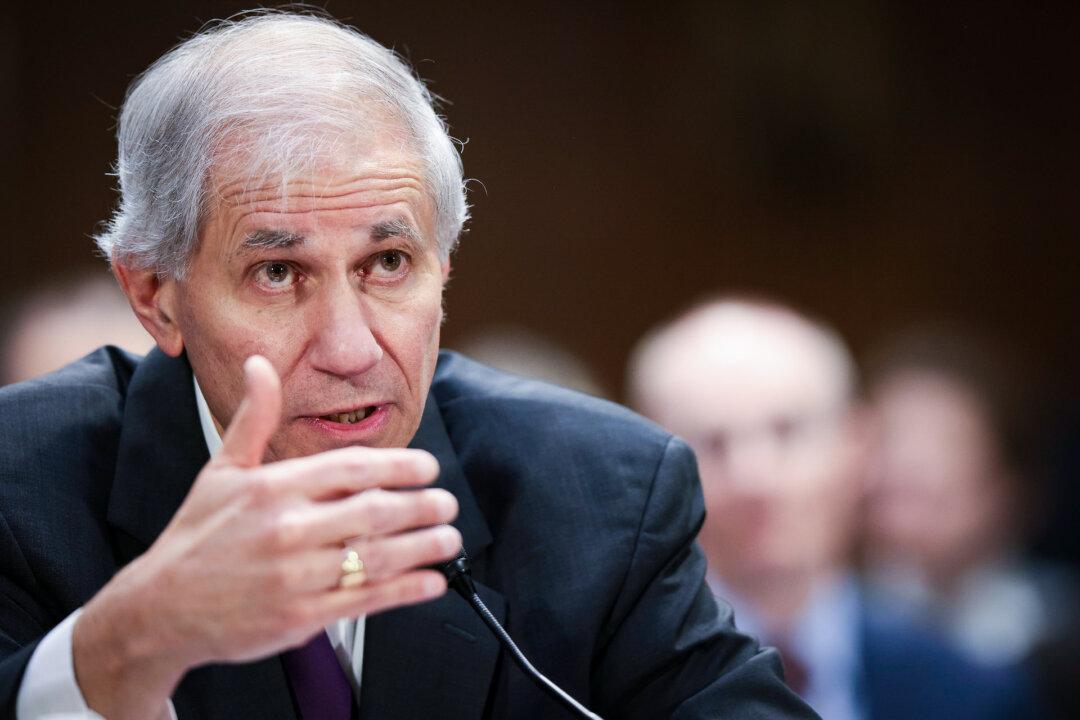President Joe Biden will nominate Christy Goldsmith Romero to lead the Federal Deposit Insurance Corporation (FDIC), replacing Martin Gruenberg, as the financial regulatory agency grapples with a toxic workplace scandal, the White House confirmed on Thursday.
Ms. Romero, a Democrat, joined the Commodity Futures Trading Commission (CFTC) in March 2022. She served 12 years at the Treasury Department, including a decade as the Special Inspector General for the Troubled Asset Relief Program (SIGTARP).





